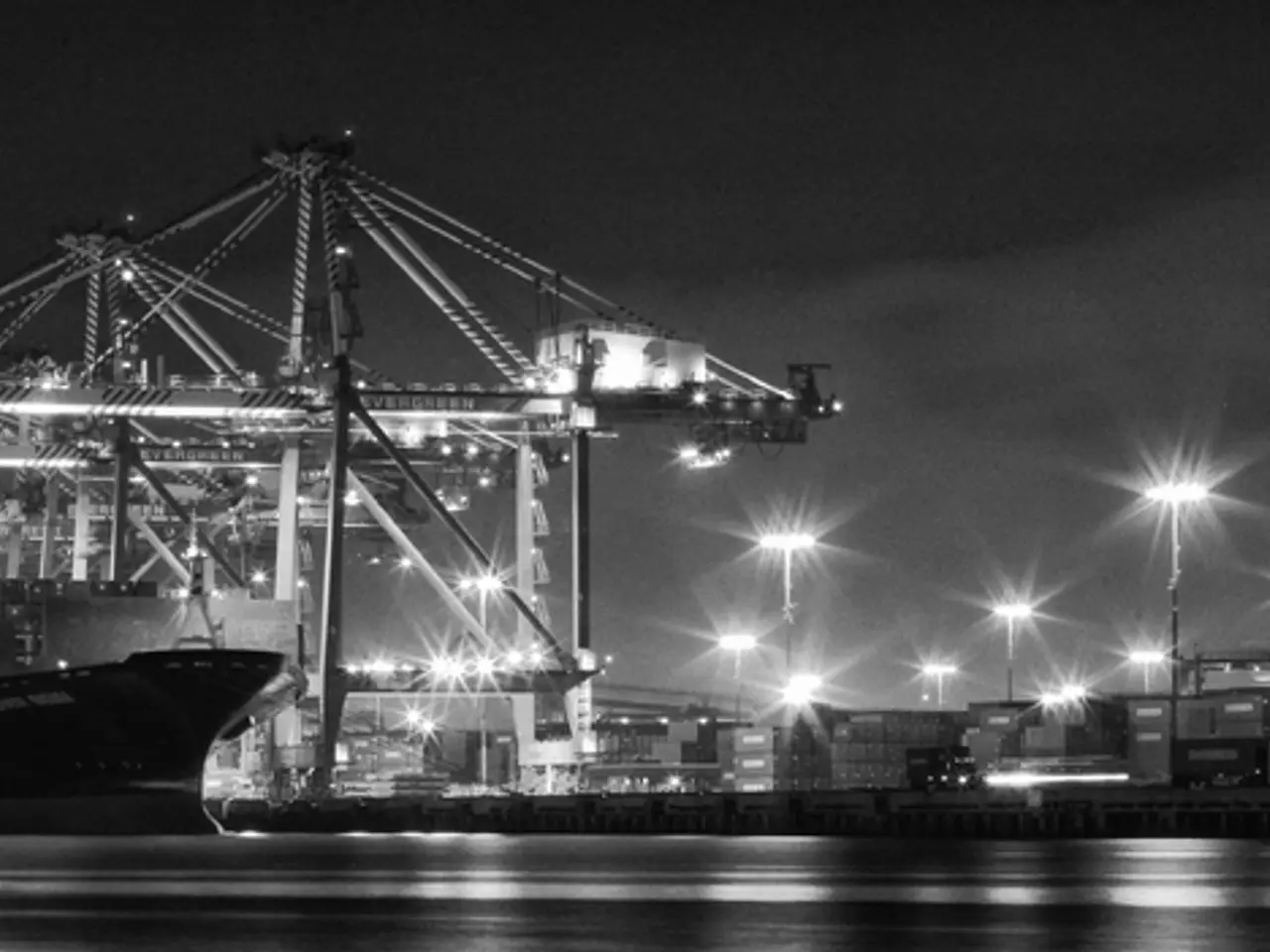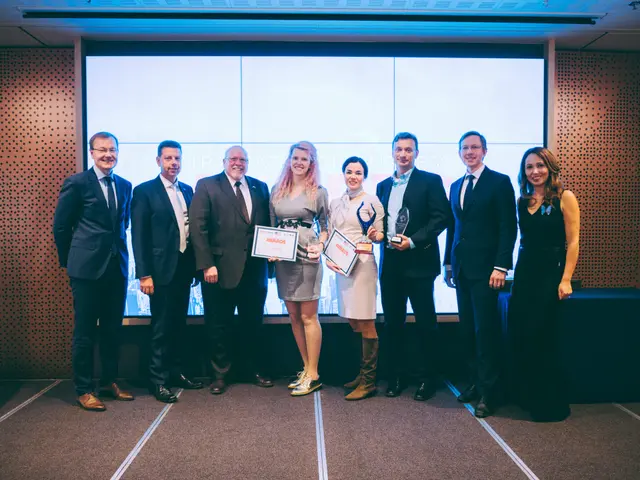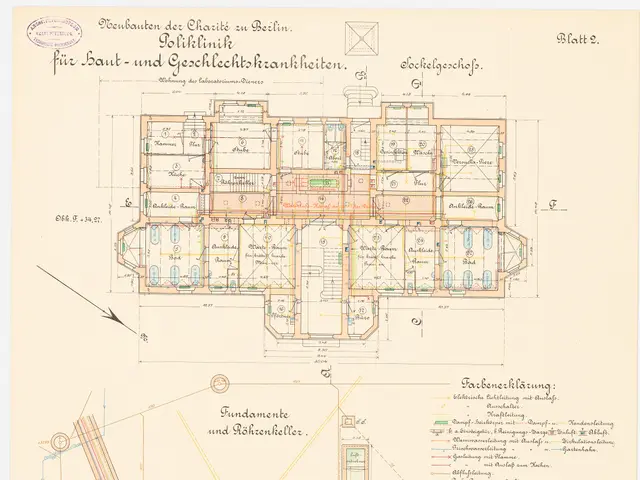Largest German shipbuilder TKMS severs ties with parent company, operating independently.
Thyssenkrupp Marine Systems (TKMS), a leading global player in non-nuclear submarines and shipbuilding, is set to become an independent entity and list on the stock exchange. This spin-off is part of Thyssenkrupp's broader corporate restructuring, which aims to make the other four divisions more autonomous and open to third-party participation in the coming years.
TKMS has received orders for submarines from Germany, Norway, Israel, and Singapore, demonstrating its strong position in the maritime defense market. The company currently employs around 8,300 people across shipyard locations in Kiel, Wismar, Itajaí, Brazil, Hamburg, Bremen, and Emden.
The spin-off is expected to have a positive impact on TKMS's future growth prospects, investment strategies, and access to capital markets. With a substantial order backlog valued at over €18 billion, TKMS is well-positioned to capitalize on rising demand in the maritime defense sector.
Independence will allow TKMS to invest more rapidly and precisely in innovation, partnerships, acquisitions, and operational improvements. The company's agility and accountability are enhanced by the independent structure, facilitating targeted and timely capital allocation.
TKMS will have direct access to the capital markets via its planned listing on the Prime Standard of the Frankfurt Stock Exchange by the end of 2025. This will provide financing solutions tailored for growth, increase visibility and valuation transparency, and enable the use of shares as currency for strategic transactions such as mergers or acquisitions.
Although Thyssenkrupp AG will retain a majority of 51% of TKMS shares via a new holding company, TKMS will enjoy operational autonomy. The Krupp Foundation, with a 21% stake in Thyssenkrupp AG, is expected to receive a seat on the TKMS supervisory board.
Despite these advantages, the spin-off comes amid a challenging industrial environment with market volatility and capital intensity, which pose risks that TKMS must manage moving forward. The federal government is planning a security agreement with TKMS, granting special information and consultation rights for sensitive activities.
Shareholders generally expressed positive views about the TKMS spin-off at the general meeting. ThyssenKrupp AG is open to further dialogue if there is federal government interest. The security agreement is planned to be concluded by the end of September. It remains unclear who will be on the TKMS supervisory board.
The spin-off sets TKMS on a course for greater strategic focus, improved operational performance, and enhanced financial agility, all of which are expected to support sustainable long-term growth and competitiveness in the maritime defense sector. TKMS has been awarded the construction of the new German research ship 'Polarstern 2' with an order volume of around €1.2 billion.
[1] Thyssenkrupp Marine Systems AG [2] Thyssenkrupp AG [3] Krupp Stiftung [4] Börse Frankfurt [5] Bundesministerium der Verteidigung
- Following the spin-off, Thyssenkrupp Marine Systems AG (TKMS) will have direct access to capital markets via its planned listing on the Prime Standard of the Frankfurt Stock Exchange (Börse Frankfurt), allowing it to utilize financing solutions tailored for growth and form strategic partnerships through acquisitions.
- The spin-off, aimed at making TKMS more innovative and adaptable, will enable it to invest more rapidly and precisely in technological advancements and business collaborations within the news sectors of finance, aerospace, and industry, beyond its traditional focus on maritime defense.








